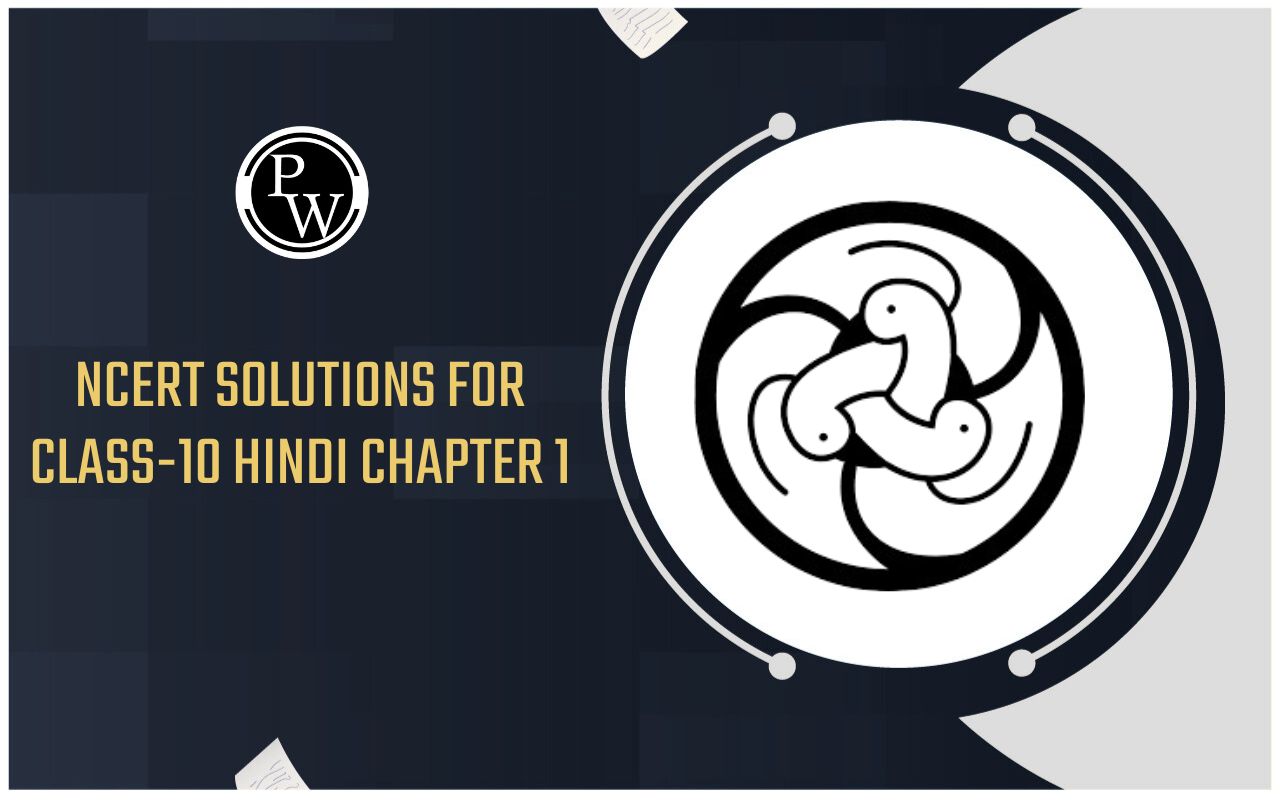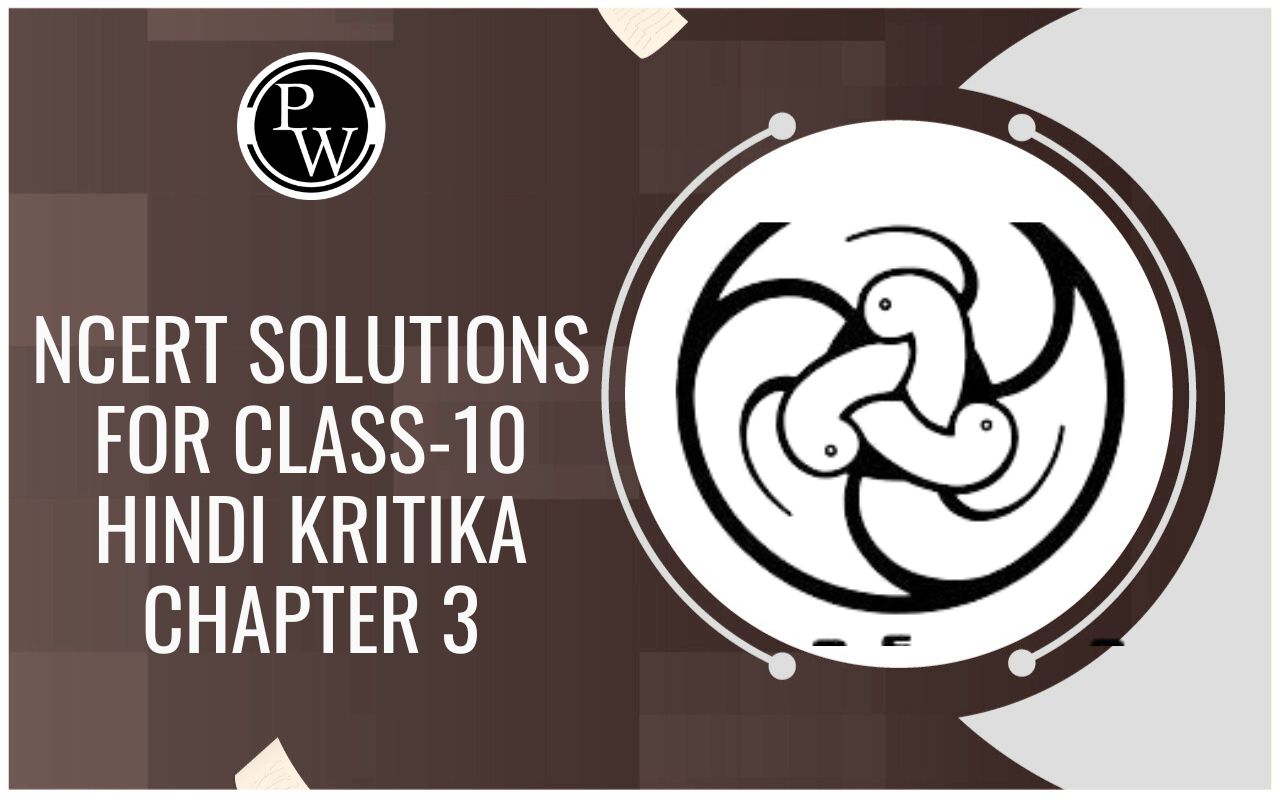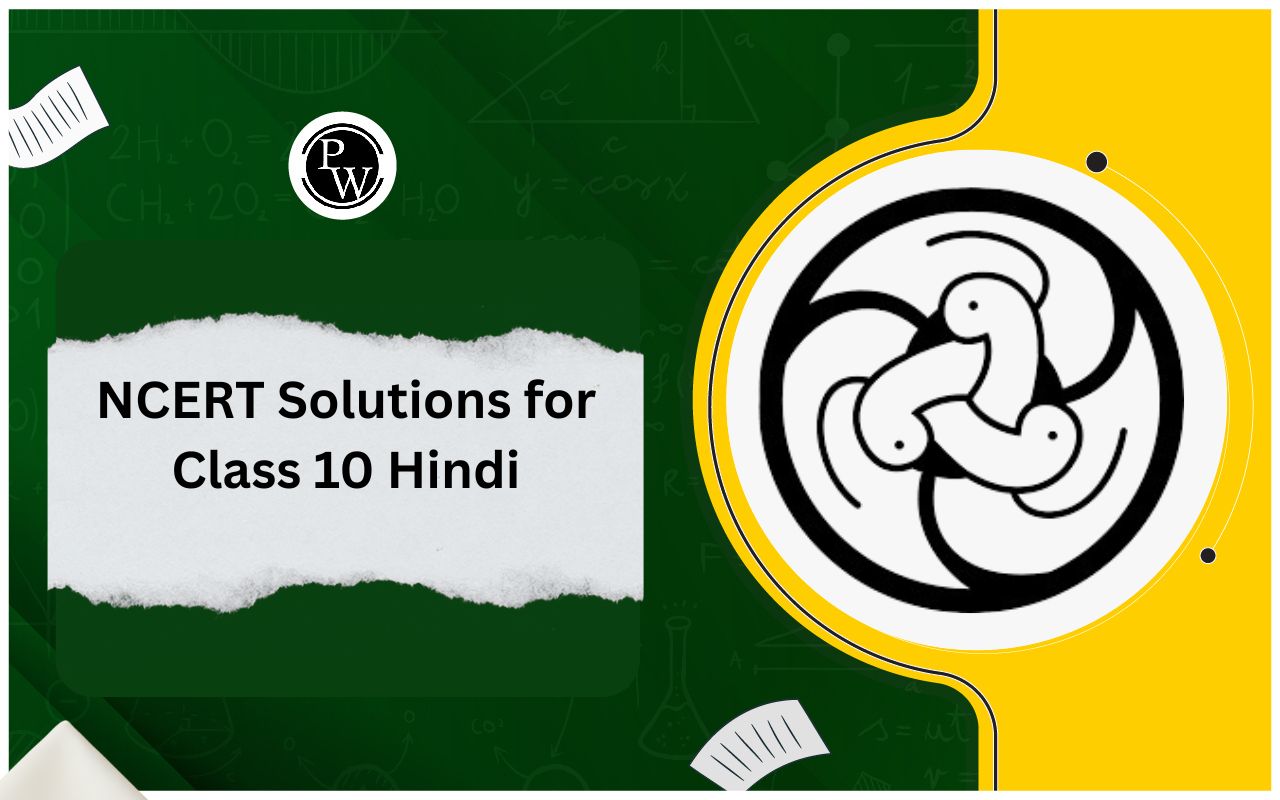
Components of Food - Functions, Types
Aug 03, 2023, 16:45 IST
If you are looking for food components, you have come to the right place!
We'll discuss food components in this article. People eat several different meals throughout the day. People frequently have milk, bread, and an omelet for breakfast. The lunch usually consists of rice and daal, which is a dish made with lentils, veggies, and yogurt. The dinner usually consists of fish curry. Eating offers us the energy to work all day long and mutes the sound of our stomachs growling when we are hungry.
| Table of Content |
Introduction
Food is essential for human existence. Without it, survival is impossible. On a fundamental level, food is critical for human existence and the growth and general health of the human body. People cannot live a healthy lifestyle by solely eating one type of food, such as milk or meat. People have probably heard that dieticians advise eating a balanced diet. A balanced diet consists of various foods, including milk, vegetables, fruits, etc.
Also Check - Malaria - Causes, Symptoms, Prevention and Life Cycle
What are the Components of Food?
Stable growth and nourishment depend on food. Food and nutrition are related. Food is the substance that nourishes the human body. Different foods have various nutrients that one can consume. Eating well-balanced meals can improve health and productivity. However, despite eating nutritious foods, it is frequently observed that the body does not respond as intended. In other words, meals that do not properly nourish the human body and are not effectively absorbed in the human body are not regarded as nutritious foods. Animals and plants can both serve as food sources.
Components of Food
Foods contain both energy- and non-energy-producing ingredients. The cells require calories, which are the source of energy. The following are some of the components that provide energy:
Carbohydrates
Carbohydrate is the human body's main source of energy. It is made up of sugars included in the food that immediately affect blood sugar levels.
Also Check - Air Pollution
Sources
Both plant and animal sources contain carbohydrates. Carbohydrates can be found in a variety of foods, including rice, wheat, cereals, millet, pulses, nuts, roots, potatoes, flour, molasses, sugar, sago, grapes, corn, bananas, mangoes, watermelons, vegetables, carrots, oranges, dates, apples, barley, goat liver, cow's and buffalo's milk, etc.
Classification
The composition indicates that there are three different forms of carbs.
- Monosaccharide: Monosaccharides are carbohydrates that only contain one molecule. These forms of carbohydrates include galactose, fructose, and glucose. Fruits, sweets, and honey all contain glucose. Fruits and root vegetables contain fructose. In milk, galactose can be discovered.
- Disaccharide: Disaccharides are types of carbohydrates that contain two molecules. like maltose, lactose, and sucrose. Milk includes lactose, while sugarcane, molasses, sugar, and date juice contain sucrose. Germinated seeds and sugar also contain maltose.
- Polysaccharides: Polysaccharides are a class of carbohydrates made up of many molecules. These carbohydrates include starch, glycogen, and cellulose, for instance. Starch is abundant in foods like rice, wheat, potatoes, sweet potatoes, etc. Fruits, vegetables, fruit peels, and seeds all contain cellulose.
Function
Carbohydrates have a significant part in human nutrition.
- Carbohydrates are primarily used by the body to generate heat and energy.
- Fats are burned with the aid of carbohydrates.
- Foods made with cellulose cure constipation in people.
- The body stores extra carbohydrates as the compound glycogen.
- These chemical compounds offer protection from ketosis.
Proteins
Protein is an essential component of the body that promotes the repair, growth, and reproduction of our damaged tissues and organs.
Sources
Fish, meat, eggs, milk, pulses, soybeans, beans, wheat, and other foods include proteins. There is hardly any protein in cereals, millet, potatoes, green vegetables, or fruits.
Function
- Proteins help the body perform its initial and most important job.
- The requirement for necessary amino acids is one of the protein's roles.
- To replenish the body's depleting cells, proteins produce new ones.
- Proteins make up the majority of the body's bones, muscles, organs, systems, blood cells, etc.
- It is crucial for the body's synthesis of antibodies.
- When the body is low on fats and carbohydrates, it breaks down stored protein to provide heat and energy.
- The blood's hemoglobin is composed of proteins.
Fats
With the help of critical fatty acids, fats are a crucial part of the freight system that carries many vitamins throughout the body.
Sources
Meat fat, butter, ghee, whole milk, ice cream, almonds, coconut oil, palm oil, cream, mustard oil, oilseeds, and other foods all contain fats.
Function
- Heat and energy are concentrated in fat. One gram of fat contains 9 kcal of energy.
- This organic substance offers vital fatty acids, which shield the body from skin ailments.
- The animal's body stores fat as a source of sustenance for the future.
- Vitamins A, D, E, and K are more easily dissolved and absorbed.
- It facilitates excreta evacuation by lubricating the rectum and anus.
Vitamins
Vitamins are those unique, organic nutrients that support healthy immunity and good body development.
Sources
Vitamin-rich foods include fish, including cod and halibut liver oil, whole milk, carrots, butter, ghee, vegetable oil, rice, flour, yellow pumpkin, mango, tomato, papaya, cabbage, and green vegetables and leaves.
Function
- Vitamins help the body grow normally, help make blood cells, and maintain healthy mucous membranes and nerve cells, among other things.
- Rod cells are created, immunity is boosted, and vitamins maintain gum health.
- It aids blood clotting and maintains an average level of prothrombin.
- Vitamins support fetal development, the production of breast milk, and other processes.
- It maintains healthy, silky skin.
- Vitamins support healthy retinal structure and vision.
Minerals
Minerals are a crucial part of the food. The body needs a variety of minerals to stay healthy. The body contains roughly 24 different types of minerals.
Sources
Mineral-rich foods include dairy, fish, meat, green vegetables, eggs, legumes, nuts, grains, liver, cod liver oil, seaweed, table salt, cheese, and fish liver oil.
Function
- Minerals support nutritional upkeep and bone development.
- These components aid in the development of teeth.
- Minerals aid in the synthesis of energy from fats and carbs.
- Red blood cells are produced with aid from minerals.
- Minerals keep the equilibrium of water within and outside of cells.
- It promotes muscle growth.
- Minerals impact the human body's physical and mental development and the average growth of bones, skin, and hair.
Water
Water is a necessary and significant part of the diet. Without water, the body cannot form, and its internal processes cannot work. Water makes up roughly 60–70% of the body weight. Every organ in the human body, including the blood, flesh, nerves, teeth, and bones, is formed with the help of water.
Function
- Water is necessary for the body's digestion of meals.
- All of the chemical reactions in the body require water.
- Water aids in transporting the body's essential components to each cell.
- Constipation is eliminated by water.
- Body temperature can be managed with the aid of water.
Why is a Balanced Diet Important?
Many frequently take eating for granted until they are faced with severe health issues. Losing the ability to eat is comparable to losing one's life. Because of this, preserving the nutritional value of food is essential for leading a healthy life. It is generally advised to maintain a healthy and balanced diet given that it is not always easy to measure and consume the nutrients.
It is stated that a person's ability to tolerate food, an illness, or the necessity for restriction all affect how hungry they feel. This is why some individuals find it challenging to relearn eating after a stroke or surgery.
Food is necessary to maintain the body after development has halted and to fuel it during growth. Human body cells require growth and development. Although we perceive ourselves as growing from the outside, the body's components, including cells, tissues, bones, and muscles, are the ones that are growing. Since protein is the foundation of our bodies, it is essential for developing and sustaining a healthy lifestyle.
Maintaining a healthy weight-nutrition connection may help people reduce the signs and symptoms of chronic illnesses and a general decline in health. Before it's too late, think about enhancing your dietary recommendations by introducing a well-planned, balanced diet.
Frequently Asked Questions (FAQs)
Q1. What role does water play in the human body?
Ans. A non-organic component called water aids in the digestion of meals inside the body. Additionally, it benefits the joints, spinal cords, and tissues.
Q2. Which vitamin is necessary to keep one's eyesight healthy?
Ans. For eyesight to remain healthy, vitamin A is necessary. It belongs to the class of antioxidants essential for maintaining our vision. Along with supporting vision, it also supports bone health, growth, and the entire immune system.
Q3. What components make up food?
Ans. Human bodies need nutrients, which are necessary substances. Unfortunately, the human body is unable to produce enough nutrients on its own. Thus people must consume the right foods. The following are food's primary nutrients:
- Protein
- Carbohydrate
- Fats
- Vitamin
- Mineral
- Water
Q4. What use do carbs serve in our bodies?
Ans. Carbohydrates' main purpose is to make good fats, which are then converted into energy. It aids in giving our body's cells energy. In some cells, glucose is preferred over fatty acids.
Q5. Why is iron necessary for a balanced diet?
Ans. An important mineral called iron aids oxygen movement throughout the body. It helps in forming hemoglobin (a substance found in red blood cells).
Components Of Food.txt Displaying Components Of Food.txt.









